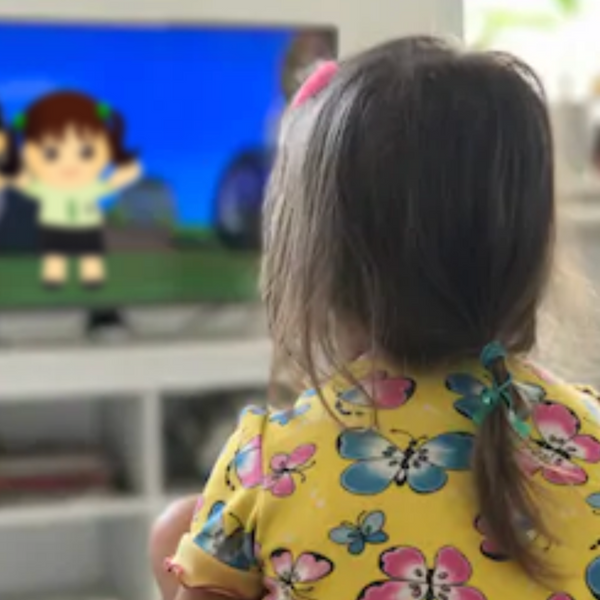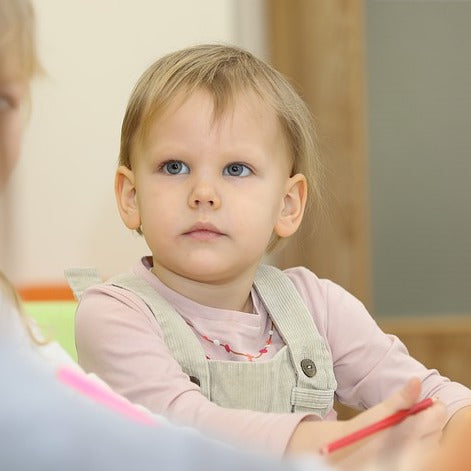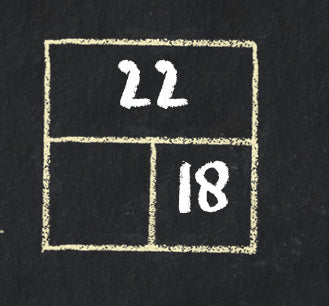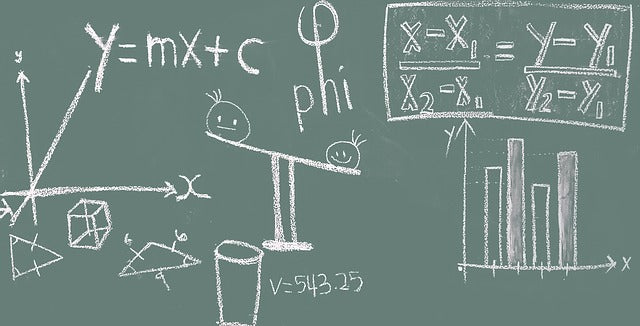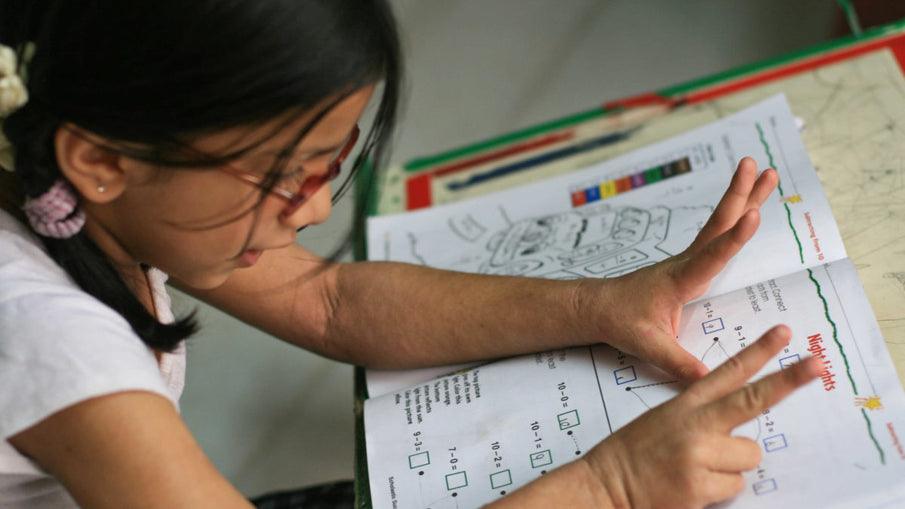Research -- StepUp to Learn
Socio-Economic Status Predicts Boys’ Development of Essential Thinking Skills
A comparison of children in Hong Kong, mainland China and the UK has found that British boys’ development of key thinking skills, known as ‘executive functions’, is unusually reliant on their socio-economic status.
More than Half of U.S. Students Experience Summer Learning Losses Five Years in a Row
These students on average lose nearly 40 percent of their school year gains.
Using LEGO to Test Children's Ability to Visualize and Rotate 3D Shapes in Space
Spatial visualization is the ability to visualize 3D shapes in one’s mind, which is tied to increased GPAs and graduation rates in STEM.
Young Children Can Learn Math Skills from Intelligent Virtual Characters
A new study examined whether young children’s verbal engagement with an onscreen interactive media character could boost their math skills.
Vision May Be the Real Cause of Children's Problems
Are you a little clumsy sometimes? Do you or your child struggle to read, write or do math? Maybe vision is the real root of the problem.
Study Shows Approach Can Help English Learners Improve at Math Word Problems
Study shows how an evidence-based method of helping students understand the language and information of word problems can boost their math achievement.
Achievement Gaps May Explain Racial Overrepresentation in Special Education
School districts may be flagged as over-identifying students of color as having disabilities when other factors, such as achievement gaps, may explain these disparities.
High-Quality Teacher–Child Interactions Predict Children's Learning Outcomes
Most early childhood instructional alignment initiatives focus on the use of curricula, instructional practices, learning standards and assessments. But is it enough?
A New Method for Boosting the Learning of Mathematics
Researchers oversaw a new system of maths learning whose purpose is to promote the use of arithmetic formulas at an early age. After a year, they observed a leap in students’ performance.
Report examines origins and nature of 'math anxiety'
Research reveals that teachers and parents may inadvertently play a role in a child's development of 'math anxiety' and that girls tend to be more affected than boys.
How much does culture influence young children's math abilities?
Researchers from Japan's Hokkaido University compare 6 year old children’s ease with oral and written math problems to see if children's accuracy and comfort with math would be determined by their culture.
Intellectual Curiosity and Confidence Help Children Take on Math and Reading
Characteristics related to openness, such as intellectual curiosity and confidence, made children more adept to take on math and reading than characteristics describing conscientiousness, such as diligence and perseverance.




